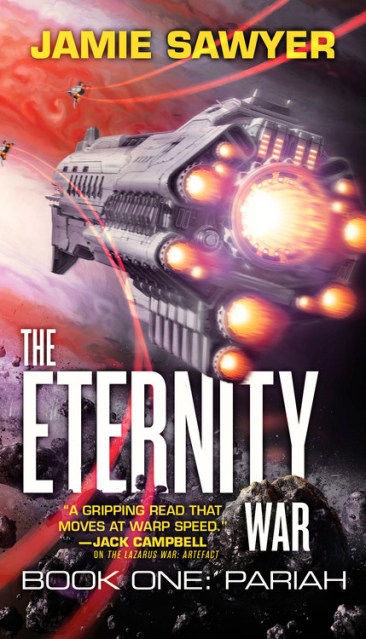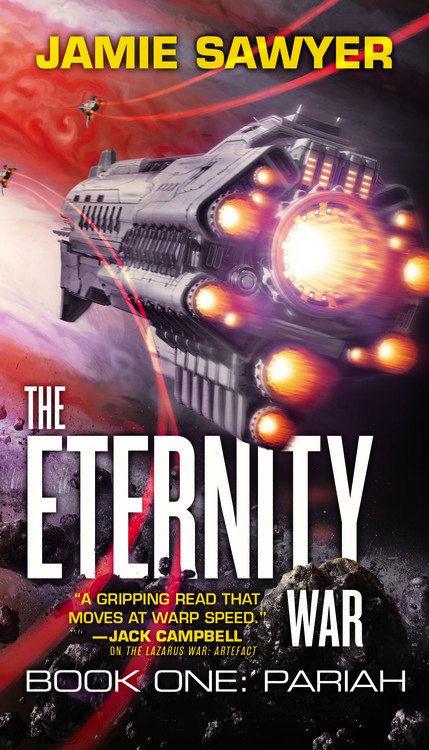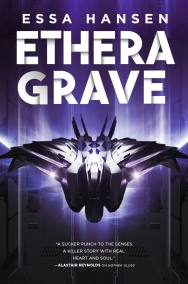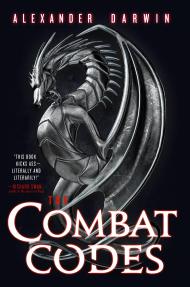Promotion
Use MOM24 for 20% off site wide + free shipping over $45
The Eternity War: Pariah
Contributors
By Jamie Sawyer
Formats and Prices
Price
$9.99Price
$12.99 CADFormat
Format:
- Mass Market $9.99 $12.99 CAD
- ebook $9.99 $12.99 CAD
- Audiobook Download (Unabridged)
This item is a preorder. Your payment method will be charged immediately, and the product is expected to ship on or around September 26, 2017. This date is subject to change due to shipping delays beyond our control.
Also available from:
The soldiers of the Simulant Operations Programme are mankind’s elite warriors. Veterans of a thousand battles across a hundred worlds, they undertake suicidal missions to protect humanity from the insidious Krell Empire and the mysterious machine race known as the Shard.
Lieutenant Keira Jenkins is an experienced simulant operative and leader of the Jackals, a team of raw recruits keen to taste battle. They soon get their chance when the Black Spiral terrorist network seizes control of a space station.
Yet no amount of training could have prepared the Jackals for the deadly conspiracy they soon find themselves drawn into — a conspiracy that is set to spark a furious new war across the galaxy.
Genre:
- On Sale
- Sep 26, 2017
- Page Count
- 480 pages
- Publisher
- Orbit
- ISBN-13
- 9780316433228
By clicking 'Sign Up,' I acknowledge that I have read and agree to Hachette Book Group’s Privacy Policy and Terms of Use









